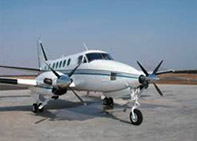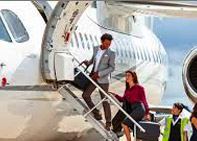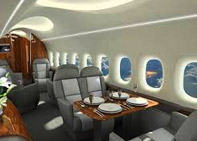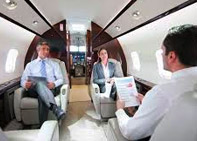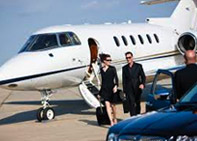Pilot Certification
Student Pilot CertificateTo secure student pilot certificate you must be at least 16 years of age and pass a Class III medical exam given by an Aviation Medical Examiner. You must have your student pilot certificate prior to your first solo flight.
No minimum age required according to the FAA to take flight lessons.
Private Pilot
To obtain a private pilot certificate, you must be at least 17 years old and
obtain a minimum of 40 hours according to the FAA. You are required to pass the FAA private pilot written exam (multiple choice). You are also required to pass the practical flight exam with an FAA designated examinor or an FAA examiner.
The Australian Communications Authority has issued a Class Licence which authorises any personnel to operate an aircraft station, if the person complies with the conditions in the Class Licence. The RA-Aus radio operator.s endorsement is a certification that the person has demonstrated that he/she has reached thee qualification standard acceptable to the authority for operation of an aircraft.
The aircraft station class licence
All operational radio transmitters are required to be licensed by Australian communications Authority (ACA). To avoid the need to license individual aviation radiotelephony transceivers (and other transmitters carried in aircraft such as transponders or emergency positions indicating radio beacons (EPIRBs) the ACA issued the Aircraft Station Class Licence 2001 (ASCL).
The ASCL " authorises the operation [by qualified operators] of a range of aeronautical radio communications and radio navigation equipment fixed to, or carried on-board, all aircraft including recreational aircraft. (Recreational aircraft include ultralights, trikes, hang gliders, paragliders, gyrocopters, gliders, sailplanes, other like craft and balloons.) Stations operated under the Aircraft Station Class Licence are generally known as Aircraft Stations"
Note that an aircraft station may only be operated (i.e. transmitting) when it is on-board an aircraft, thus you cannot operate your handheld transceiver unless you are in an aircraft and identify yourself with that aircraft's station call-sign. If any condition of the ASCL is breached (for example, transmitting on a frequency not encompassed by the class licence) the operator is no longer authorised to operate under the class licence. In this instance, the operator would be liable for prosecution by the ACA.
Equipment Standards
Note that an aircraft station may only be operated (i.e. transmitting) when it is on-board an aircraft, thus you cannot operate your handheld transceiver unless you are in an aircraft and identify yourself with that aircraft's station call-sign. If any condition of the ASCL is breached (for example, transmitting on a frequency not encompassed by the class licence) the operator is no longer authorised to operate under the class licence. In this instance, the operator would be liable for prosecution by the ACA.
An ACA approved and licensed hand-held radiotelephone may be used by pilots of aeroplanes not exceeding 544 kg MTOW (or 614 kg for a two-seat seaplane) operating only in Class G airspace : provided that the equipment is able to be operated without adversely affecting the safety of the aircraft.
The standard for non-fixed-installation equipment performance is that set out in the Australia/New Zealand Standard 4583:1999
Aircraft Station Identification
New TSA Rules In Effect
